#ElectricVehicles
Study: Do EVs Really Cost Less to Run Than Internal Combustion Cars?
With the volume having been turned down on just about every business sector imaginable, automakers have spent most of this year explaining how supply chain shortages are impacting production and making promises about electric vehicles. However, the rhetoric surrounding electrification has gotten so aggressive that it’s fast becoming another contentious issue, leading to vicious arguments as people square up to take sides. Part of this is due to the enterprising way in which zero-emission vehicles are being marketed and subsequently embraced by world leaders that don’t know jack about the manufacturing or the environment. Much of the discourse surrounding electrification (pro or con) lacks nuance and leads to businesses promising whatever they can in an effort to obtain your unquestioning belief.
For example, EVs are frequently promoted as boasting substantially lower operating costs due to there being no reliance on liquid fuel. Though finding the truth actually requires one to make a comparative analysis while taking into account how, where, and what you’re driving. There’s even a new study out from the Anderson Economic Group (AEG) attempting to determine the true savings of swapping to an EV where the researchers ultimately decided gasoline-powered cars were actually easier on the wallet. However, that likewise requires loads of clarifying context and conditional factors.
Hertz Buying 100,000 Tesla Vehicles for Rental Fleet, Brady Endorsement
After managing to avoid what appeared to be certain death, Hertz has decided to purchase 100,000 Tesla vehicles before the end of 2022. Considering the firm was filling out Chapter 11 bankruptcy forms this time last year, the estimated $4.2 billion expenditure designed to ensure that 20 percent of its global fleet is electric does feel slightly frivolous. But Hertz says it’s getting out ahead of the curve and is interested in becoming a “mobility company,” rather than a business that just rents people automobiles.
Could Ford's Electric Fleet Sales Be Slower Than Expected?
Despite most automakers proudly proclaiming their intention to shift toward EV-dominant portfolios, customers haven’t been sharing their enthusiasm. While there’s a subset of loyal early adopters that are eager to see electrification become the norm, the relative infancy of the technology and prevalent gaps in the charging infrastructure has kept them from becoming a majority. But manufacturers seem to think it’s just a matter of time and that they’ll be able to make up the difference through fleet sales.
Advertised with lower than average operating costs and juicy subsidies being offered throughout the developed world, automakers have convinced themselves that EVs will soon become the de facto rides for various entities needing to round out their stables. Meanwhile, we’re hearing inklings that Ford is seeing pushback from fleet customers over its s new F-150 Lightning pickup and E-Transit van.
Report: Apple Car Suffers Another Setback
Following several months of news that Apple Inc. was in talks with battery suppliers to set the company up with the necessary hardware and know-how to manufacture electric vehicles, it looks like the iPhone purveyor is back to square one. Reports have emerged claiming the discussions with China’s Contemporary Amperex Technology Co. Limited (CATL) and BYD have stalled.
While the tech giant is said to be keeping a channel open, companies informed Apple over the last two months that they would not be willing to establish teams and U.S. facilities catering exclusively to its needs. While Japan’s Panasonic is still in the mix as a potential partner, it’s looking like the other companies are bowing out. Reasons are said to vary, however, political tensions between the U.S. and China are alleged to be a contributing factor.
Toyota, Stellantis Announce North American Battery Plants
Automakers Toyota and Stellantis separately announced plans to construct lithium-ion battery plants in North America on Monday. With regulatory pressures mounting, the industry has been shifting its eggs between baskets to avoid trouble. But the ultimate goal for most brands is to transition toward selling EVs, requiring meaningful action and financial expenditures on the part of manufacturers.
We’ve already seen General Motors and Ford Motor Co. squabbling over who will nestle the biggest battery facilities between America’s Frost and Sun Belts. It’s only fitting that the remnants of the Chrysler Corporation contained in Stellantis walk the path of electrification, especially now that it’s absolutely riddled with European influence. Meanwhile, Toyota is predictably exercising a bit of caution as it similarly navigates how to modernize itself via upcoming lithium-ion plants.
Dual Realities: VW CEO Claims Slow EV Shift Could Cost 30,000 Jobs
Like the rest of the world, the automotive industry is currently living in two distinct realities. Labor unions and part suppliers have been sounding the alarm that electric vehicles will require far fewer hands to manufacture and will ultimately lead to their demise. But battery firms, establishment politicians, and most automakers have claimed that transitioning to EVs is entirely necessary and will result in there being a surge of high-paying jobs to replace those lost.
Then there are claims you can’t quite wrap your head around, like the one Volkswagen CEO Herbert Diess reportedly made to the supervisory board in September. The Diess Man asserted that VW would lose 30,000 jobs if it transitioned too slowly to electrics, framing the situation around Tesla arriving in Germany and fresh competition from Chinese manufacturers. While it’s certainly possible that VW could take a hit as its rivals move on Europe, the premise that it’s going to cost the business jobs is sort of bewildering when just about every analyst agrees that electrification will result in a leaner workforce across the board.
Confusing Choices: Chevrolet Silverado EV to Debut at CES 2022
All-electric pickup trucks are easily one of the strangest new vehicle segments of the day. Designed to appeal to a demographic of American motorists that normally wouldn’t give EVs a second glance, they’ve probably managed to get more tech nerds interested in pickups than anything else. Leathery dudes who have labored outdoors their entire lives remain dubious that fuel-deprived products will make ideal working vehicles. But there are outliers and their younger (or wealthier) counterparts seem much more willing to entertain the marketing push behind the sudden onslaught of bedded electrics. And one wonders where these trucks are supposed to belong.
On Thursday, General Motors announced that the Chevrolet Silverado EV will be making its official debut at CES 2022 — a venue that has become synonymous with highfalutin electrics both real and imagined. With traditional automotive trade shows being canceled left-and-right over pandemic fears, the event formerly known as the Consumer Electronics Show may have been Chevy’s best option. But it also opens up questions about what kind of customer is being targeted by the manufacturer.
Volvo Announces IPO, Polestar Does SPAC Merger
Volvo Cars has confirmed months of speculation by announcing that it’s planning to go public on NASDAQ Stockholm. On Monday, the automaker stated that it would be seeking to raise 25 billion Swedish kronor (nearly $2.9 billion USD) via the selling of new shares as a way to fast-track its electrification plans. Those include ensuring half its annual volume being represented by EVs and transitioning the majority of its sales stemming from online orders by 2025.
While the targeted IPO valuation is unknown, prior information coming from Zhejiang Geely Holding Group (Volvo’s Chinese parent company) suggested it was aiming for something in the neighborhood of $20 billion. We’ve also learned that the collaboratively owned Polestar would also be going public, except it will be using the always sketchy special-purpose-acquisition-company merger to help pump the stock.
Lordstown Motors Sells Home to Foxconn
The troubled Lordstown Motors has announced it will be selling its Ohio production facility to the Taiwanese Hon Hai Precision Industry, better known as Foxconn. But this is not a case of the prospective automaker offloading its assets so it can pay off its debts in full retreat. Instead, Lordstown has asserted this is a necessary partnership that will help guarantee it can still deliver the all-electric Endurance pickup truck.
Terms stipulate that Lordstown Motors will sell the sprawling factory to Foxconn for about $230 million. Two years ago, the site was purchased from General Motors for a very breezy $20 million after the Detroit-based manufacturer decided to abandon the Chevrolet Cruze. Foxconn will also be buying up $50 million worth of common stock and effectively take responsibility for production at Lordstown Assembly. However there is a laundry list of things that need to be done before pickup assembly is even an option.
Opinion: When It Comes to EV Range, 520 Miles Are Too Many
You can say what you want about Lucid Motors and their upcoming Air luxury sedan, but you can’t call their PR team “shy”.
“An absolute triumph of efficiency,” reads the headline. “Lucid Air achieves 520 miles of range … besting the closest competition by over 100 miles.”
Think about that. There is a fast, comfortable electric car that will go a full five-hundred and twenty miles before you need to stop and plug it in. As Jasper said when he stepped out the Kwik-E-Mart freezer, “What a time to be alive.”
But, like, do you really even want an electric car that can go 520 miles? The more I stare at that figure, the more I think the answer to that question is: Maybe I don’t.
Ford to Build Blue Oval City for EV Production
Ford has grand plans for building EVs and batteries, and the Blue Oval brand laid out those plans earlier this week.
Welcome to Blue Oval City
Lucid Motors Becomes an Automaker
Production of the 2022 Lucid Air started this week, adding another automaker to the North American roster. The manufacturer held an event on September 28th, inviting Arizona Governor Doug Ducey, relevant executives, big-time investors, select media outlets, and customers who dropped $170,000 to purchase the limited Dream Edition of the electric vehicle.
While often framed as a Tesla ripoff, Lucid Motors has been setting its sights so high that it hardly feels like a fair assessment. Because the Air is offering one of the most impressive all-electric spec sheets in the industry right now and should probably worry the competition.
Michigan to Build EV Charging Stations for Scenic Drives, Inductive Roads
Michigan Governor Gretchen Whitmer has announced a plan to construct the Lake Michigan Electric Vehicle Circuit that would allow EV drivers to enjoy a scenic, coastal drive without being distracted by fears of range anxiety. Having recently returned from the Mitten state, I can say that its current charging infrastructure is about what you’d expect. You’re bound to find something in the urban hubs, likely with a little help from navigational apps. But the spaces between aren’t going to be of much help and the situation only worsens as you head north along the Eastern coastline where charging points are particularly sparse.
But it’s Lake Michigan that draws the most tourists in a given year, so Whitmer’s team has elected to plot the stations on the Western side of the state to encourage visitors. As a byproduct, leadership said this will also prove that the region is committed to electrification and serious about supporting the evolving automotive industry.
Daimler Getting Back Into Bed With Chrysler for Battery Biz
Daimler is getting cozy with Chrysler again, or at least the American side of Stellantis, so they can tackle battery development and production. Those in the know will recall that Chrysler has been passed around more than a bottle of booze at a middle school party. But its long history of partnerships also kept it in business and resulted in some of its better products.
Before the Amero-French merger that resulted in Stellantis, Fiat Chrysler Automobiles was an Italian-American company with facilities dotted around North America. Prior to that, it was known as DaimlerChrysler – resulting in the LX Platform, Pentastar V6, and a wider variety of Jeep Wranglers. Now, Chrysler’s alienated German wife has shown up on the doorstep with a wad of cash and news that she’ll be investing it into the new battery business.
Volkswagen Group: Audi Employs Ken Block, Porsche Making 718 Electric
Despite being the target of a German lawsuit accusing the manufacturer of not being green enough, Volkswagen Group is probably the legacy automaker touting the merits of electrification with the most enthusiasm. While undoubtedly influenced by the diesel emissions catastrophe that cheesed off every regulator in the Western world, its brand has actively been delivering EVs and praising alternative energy automobiles whenever possible.
There was more of that this week. Porsche has reportedly decided to make the 718 to be an all-electric model by 2025 and Audi recently announced that it’s employing rally icon and Hoonigan founder Ken Block (who broke with the Ford Motor Co. earlier this year) to develop EVs.




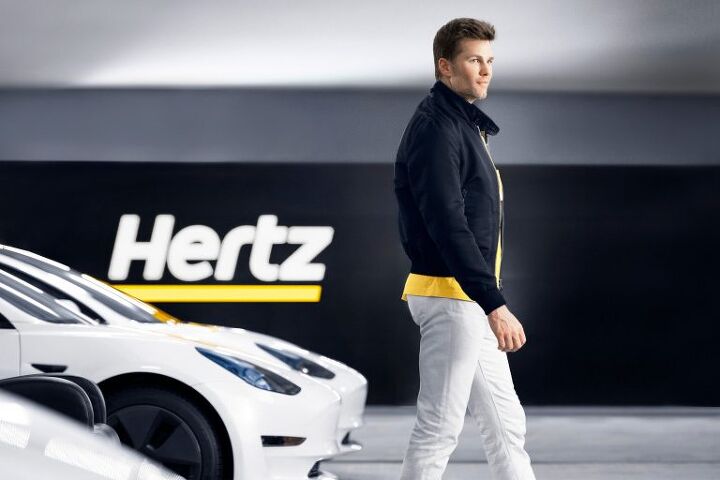


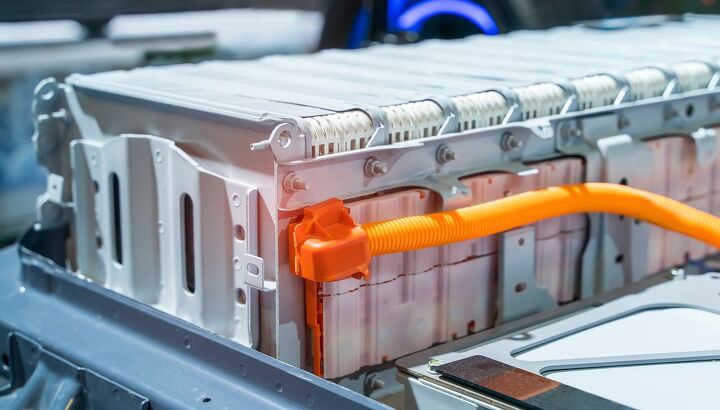


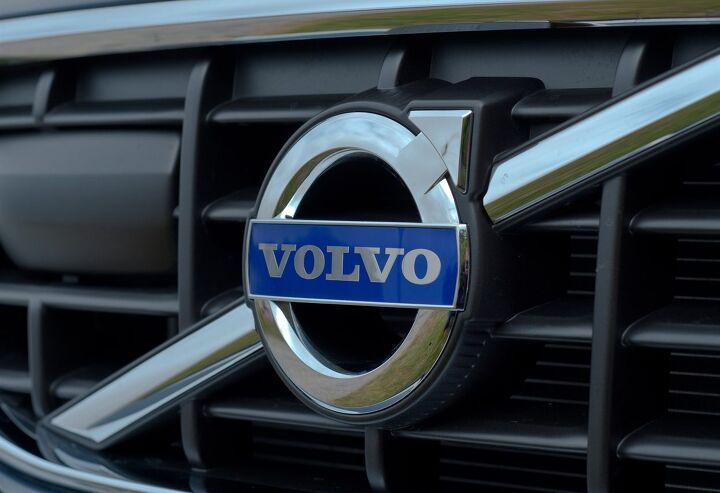

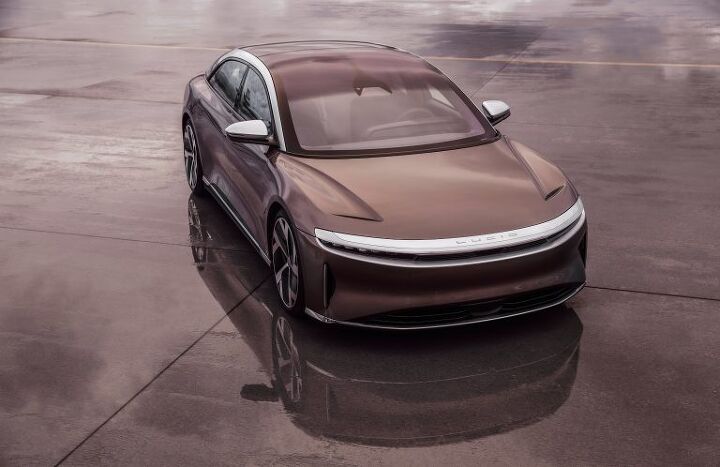
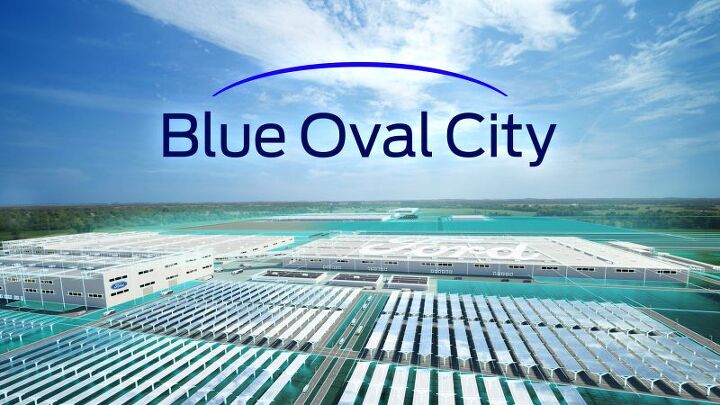
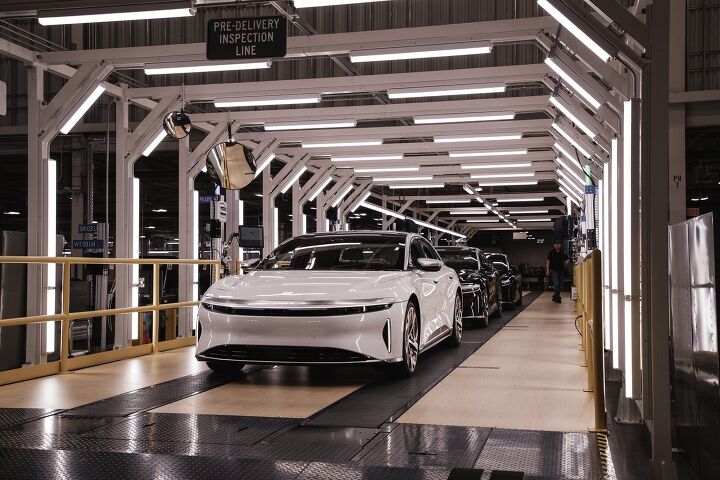
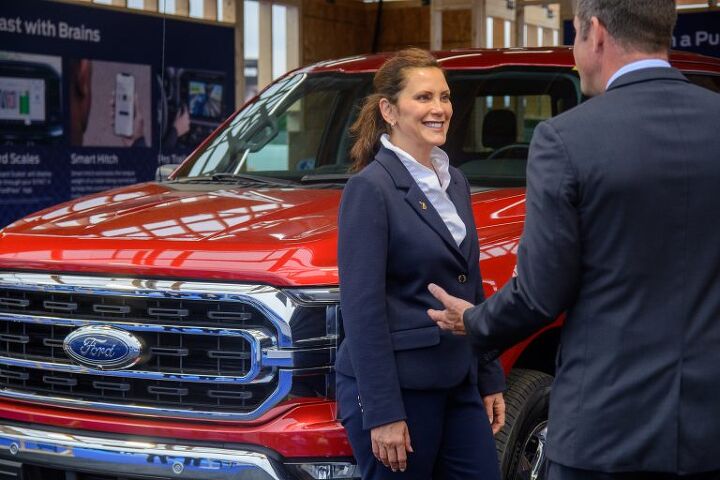

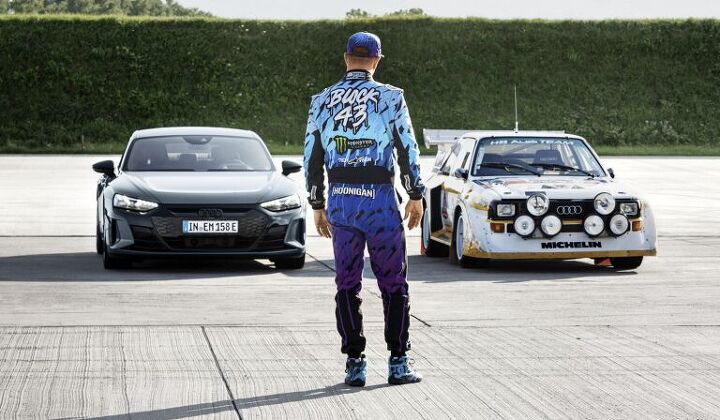











Recent Comments